You will receive our next quarterly newsletter in your email inbox from foodsafetysolutions@foodchainid.com. You can view the previous newsletter below.
Food Safety and Food Fraud Newsletter: Quarter 2, 2023
Missing Links: Lack of traceability in cocoa supply chains amidst heightened risk of fraud
Cocoa prices have reached their highest since 1977, and the International Cocoa Organization has forecast a global cocoa supply deficit of 142,000 MT (1). Heavy rains have contributed to disease spread and affected cocoa bean drying (2). Supply shortages can increase the risk of fraud, especially in high value and high demand commodities.

Fraud challenges within cocoa supply chains include accurate varietal and geographic representation, the addition of vegetable fats or lard, the addition of other ground materials to cocoa powder, and organic labeling. Finished products containing cocoa are also susceptible to counterfeiting and misrepresentation of cocoa content. A 2021 study in Brazil found that 14% of chocolate samples purchased at retail had more than a 10% difference in cocoa solids compared to the labeled percentage (3).
Traceability is important for helping to ensure many of the quality, authenticity, and sustainability attributes of cocoa products. However, a study published in January looked at traceability of cocoa produced in Côte d’Ivoire and found that only 44% of cocoa exports could be traced back to the first buyer (4). Detailed information on cocoa production and a review of methods to ensure authenticity, traceability, and sustainability of cocoa products can be found in this paper.
The Food Fraud Database includes a system ingredient group called “Cocoa and Cacao-Based Products” that includes 31 raw materials such as cocoa and cacao powders, various cocoa beans, extract, oleoresin, and chocolates. This group is easily searchable from within the Search module:
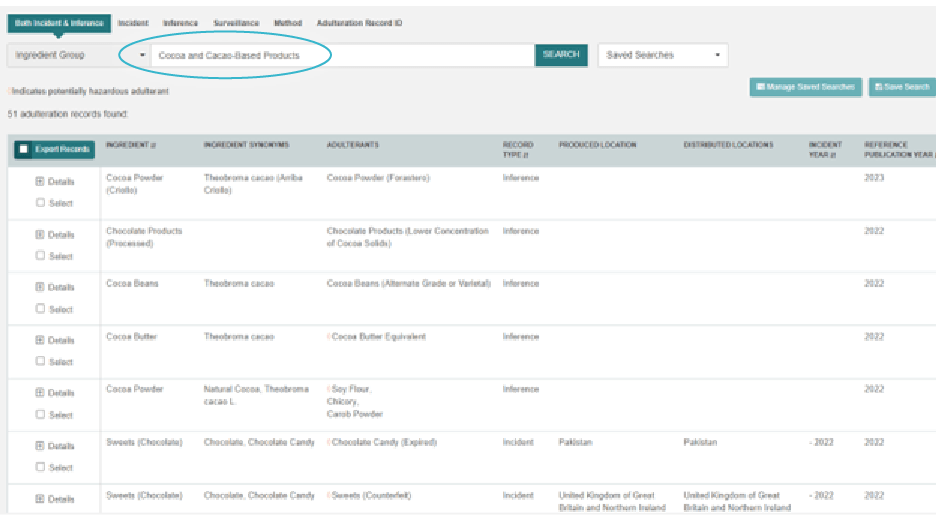
The results link to reported incidents of fraud in cocoa products and scientific papers describing detection methods for various types of adulteration.
FoodChain ID’s solutions help accelerate processes and manage compliance risk throughout the product lifecycle. Learn more.
Featured News:
Sounding the Alarm on Avocado Oil Adulteration
A study conducted by the University of California, Davis, found that 70% of avocado oils sampled were either rancid or mixed with other oils. Oils were purchased from retailers in Canada and the U.S.
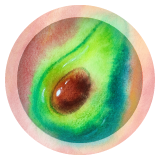
Source: securingindustry.com
Artwork: Susanne Kuehne
Highlights from Ingredient Risk Identification by HorizonScan™
Top Three Commodity Groups with Highest Quarterly Increase in Issues: Q1 2023 to Q2 2023
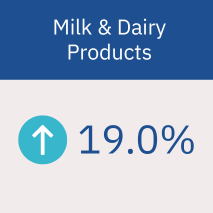
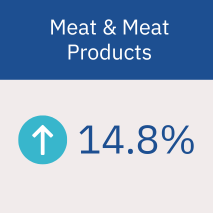
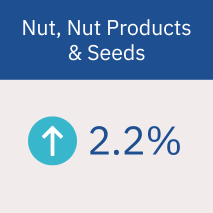
Increasing Food Safety Issue: Pesticide Residues in Buckwheat from China
Japan has raised the alarm on the detection of pesticide residues in buckwheat from China. Top hazards in this commodity in the last 12 months include pesticides, undeclared gluten, and aflatoxins. Countries considered high-risk for pesticide residues in buckwheat include China, Lithuania and Poland.
Sources: HorizonScan Hot Source, Q2 2023 and Ingredient Risk Identification by HorizonScan
Food Safety & Fraud in the News
Counterfeit Alcohol Leads to Deadly Consequences in Iran
191 people have been poisoned and 17 people died after consuming counterfeit alcohol in Iran. Industrial grade alcohol and methanol were used in the production of the alcohol. Both adulterants are not meant for human consumption.
Source: securingindustry.com
From Shelves to Scandal: Lithuanian Group’s Expired Food Deception
Law enforcement agencies from various European countries have worked together to dismantle a Lithuanian group importing expired meat, replacing their expiration dates and placing them back on the market.
Source: foodsafetynews.com | Artwork: Susanne Kuehne

What’s new in the Food Fraud Database?
Ingredients recently added (as of 6/30/23): Tea (Keemun), Common Dentex, Donkey Meat Products, Meatball (Unspecified), Duck Eggs (Preserved), Beef (USDA Inspected), Nakai (Oplopanax elatus), Olive Oil (Extra Virgin, Picholine), Soy Flour (Organic), Cod Products, and Avocado Oil (Virgin or Extra Virgin), Coffee (Peaberry, Arabica), Cayenne Pepper Puree (Red), Jalapeno Pepper Puree, Jalapeno Pepper Puree (Red), Mesquite Wood (for Smoke Flavor), Pecan Wood (for Smoke Flavor), Applewood (for Smoke Flavor), Avocado Pulp, Apple (Granny Smith), Snack Foods (Seaweed Based), Turmeric Puree, Ghost Pepper (Red), Mexican Oregano, Orange Peel (Granulated), Pickle Juice, Green Chili (Hatch), Blue Agave Syrup, Finished Food Product Containing Sheep Meat, Cilantro Oil, Frog Meat, Vegetables (Various, Fresh), and Sorbic Acid (Naturally Derived)
Sources:
(1) https://www.confectionerynews.com/Article/2023/07/05/cocoa-prices-hit-26-year-high-as-soft-commodities-start-to-fall
(2) https://www.barchart.com/story/news/18364928/cocoa-prices-firm-on-concerns-about-west-african-cocoa-crops
(3) https://www.sciencedirect.com/science/article/pii/S0308814621000972
(4) https://iopscience.iop.org/article/10.1088/1748-9326/acad8e
HorizonScan™ was developed by top UK scientists at Fera, formerly the Food and Environment Research Agency, a world-leading scientific organization specializing in food and agriculture. FoodChain ID is the exclusive U.S. distributor of HorizonScan.
